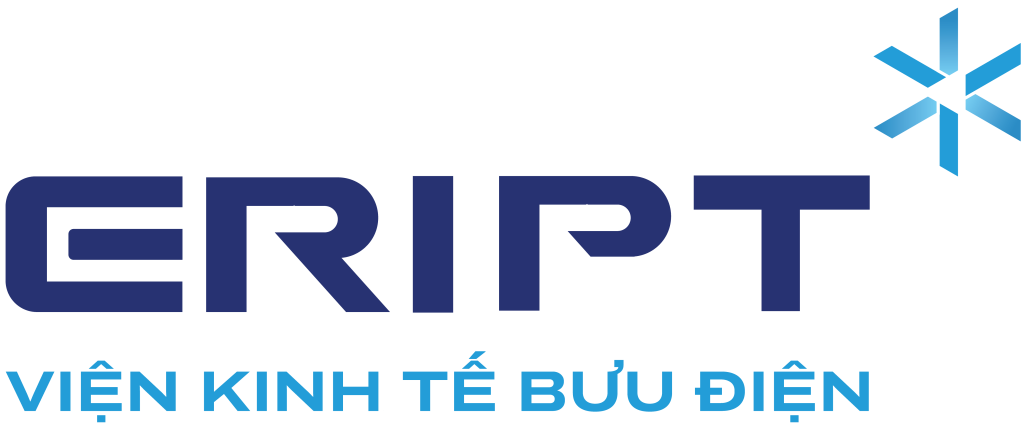EDUCATIONAL OBJECTIVES
Knowledge
The program equips students with the following knowledge:
(1) General education knowledge:
Provides students with foundational knowledge in general education, including the principles of Marxism-Leninism and Ho Chi Minh’s ideology, as well as natural sciences. Particular emphasis is placed on mathematics as a fundamental foundation for the field of study.
(2) Basic specialized knowledge:
Equips students with knowledge of applied mathematics in information technology, computer programming, computer systems, and key applications of information technology.
(3) Specialized knowledge:
In the final year, students will choose to specialize in areas such as Information Systems, Computer Science, Software Engineering, Computer Engineering, or Computer Networks and Communications. The specialized knowledge provides students with: Insights into the research, development, customization, or application of software systems; Expertise in designing, building, installing, operating, and maintaining hardware and software components of computer systems and computer-based devices; Knowledge of computer networks and communications.
Skills
a) Software Engineering Major
(4) Gather, analyze, explore, and synthesize user requirements for software products to support the design process.
(5) Design, implement, and manage medium- and small-scale software projects that meet technical requirements in real-world conditions.
(6) Develop skills in cost estimation and software quality assurance.
(7) Acquire skills in testing, maintenance, and creating effective and user-friendly technical documentation and user manuals.
(8) Apply knowledge of Computer Science and project management to identify, analyze, and creatively and effectively solve technical challenges in the field of software development and construction.
b) Information Systems Major
(4) Master the role of information systems within organizations, understanding the components of information systems, including people, processes, hardware, software, and data.
(5) Apply system concepts to evaluate and address issues arising in information systems.
(6) Analyze and model organizational processes and data, identify and specify technical solutions, manage projects effectively, and integrate systems seamlessly.
(7) Develop techniques for collecting, transforming, transmitting, and storing data and information.
c) Computer Science Major
(4) Master and effectively apply principles, concepts, and theories related to computer science and software applications.
(5) Identify and analyze requirements for specific problems, plan solutions, and develop strategies to address these problems.
(6) Evaluate and test proposed solutions.
(7) Utilize tools to specify, analyze, design, implement, and maintain computer-based systems.
d) Computer Networks and Data Communications Major
(4) Research and apply knowledge in the field of computer networks and data communications.
(5) Analyze, design, implement, maintain, manage, and utilize computer network communication systems.
(6) Use tools to design and evaluate the performance of computer network systems.
Soft Skills
(9) Have good communication and presentation skills, demonstrated through clear, confident, and persuasive delivery of professional and socio-economic issues.
(10) Possess teamwork skills, including the ability to establish and organize work effectively within a team.
(11) Develop personal skills and professional qualities in problem-solving, creative thinking, planning, and organizing work.
(12) Have a scientific and professional working method, with system thinking and analytical skills, working effectively in multidisciplinary teams, and the ability to integrate into an international environment.
Autonomy and Responsibility Competence
(13) Have professional awareness, civic responsibility, creativity, and a sense of collaboration in the workplace.
(14) Be able to self-direct, adapt to different work environments, and engage in self-learning, accumulating knowledge and experience to improve professional skills.
(15) Show initiative in carrying out assigned tasks and be capable of drawing conclusions about complex professional and technical issues related to financial technology.
(16) Have the ability to plan, coordinate, leverage collective intelligence, and assess and improve professional activities.
Ethical Behavior
(17) Possess good moral character, high discipline, the ability to work collaboratively in teams or projects, a passion for science, and a commitment to continuously improving political and professional qualities.
(18) Understand ethical and professional values, be aware of contemporary issues, and recognize the role of technical solutions in the global economic, environmental, and social context, as well as in the specific context of the country.
(19) Recognize the need for continuous learning to enhance knowledge, with professional competence and language skills for lifelong self-education.
Foreign Language (English)
(20) Achieve an English proficiency level of 450 TOEIC points or equivalent.
(21) Be able to use English for learning, research, and quickly integrating into the regional and international IT community after graduation.
(22) Have the ability to effectively use English in professional activities related to the field of study.
Employment Positions After Graduation
• After graduation, students can effectively take on roles as technical staff, managers, and operators in the field of information technology.
• They can work as programmers, system administrators, and IT security managers in any enterprise.
• They can participate in projects as IT project managers.
• They can become research staff or lecturers in information technology at research institutes, centers, and educational institutions.
• They can pursue further studies at the graduate level, both domestically and internationally.
After graduation, students can work in specific positions at:
• Departments and Agencies: Department of Information Technology, Department of Telecommunications, Department of Radio, Television, and Electronic Information Management, Department of IT Applications, Department of Professional IT, Department of E-commerce and IT, Department of IT and Customs Statistics, Department of Information Technology, Postal Services, etc.
• Research Institutes and Centers: Institute of Information Technology, Institute of Software and Digital Content Technology of Vietnam, Institute of Electronics, IT, and Automation Research, Institute of Information and Communication Strategies, Vietnam Internet Center, Vietnam Computer Emergency Response Center, Information Centers under various Ministries and General Departments.
• Corporations and State-Owned Enterprises: Vietnam Postal and Telecommunications Group (VNPT), Military Telecommunications Group (VIETEL), Vietnam Multimedia Communications Corporation (VTC), Global Telecommunications Corporation (GTEL), FPT Group, and related companies: Computer and Data Transmission Company, Vietnam Maritime Electronic Information Company, companies in the telecommunications and IT sector, etc.
• Functional Departments: Information Technology, Postal and Telecommunications, Technology Management, Science and Technology, Administration Systems, Network Security, etc., under Departments like the Department of Information and Communications, Postal Services, Department of Science and Technology in Provinces and Cities.
